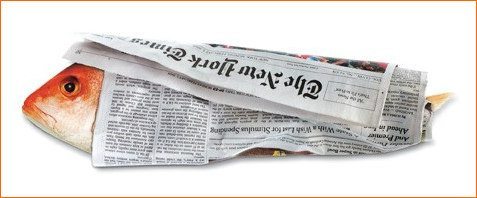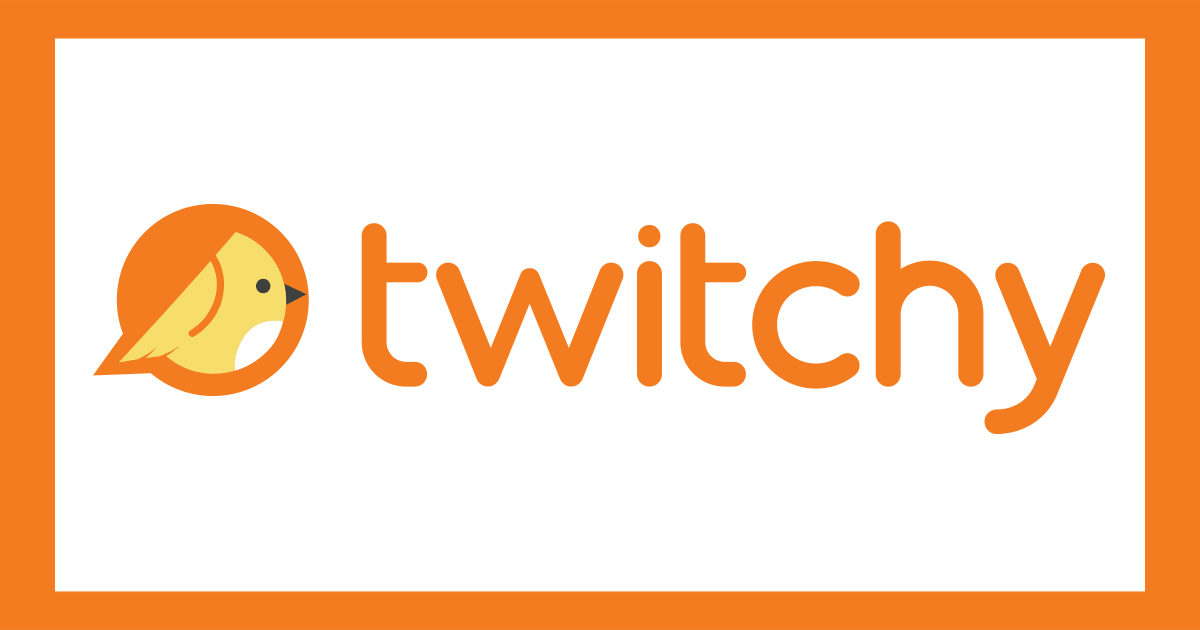Accusing the New York Times of ‘Treason,’ Trump Crosses a Line
https://www.wsj.com/articles/accusin...ne-11560985187
The Founders considered it the gravest of crimes. Tossing the charge around is irresponsible and wrong.
By A.G. Sulzberger
June 19, 2019 6:59 pm ET
First it was “the failing New York Times.” Then “fake news.” Then “enemy of the people.” President Trump’s escalating attacks on the New York Times have paralleled his broader barrage on American media. He’s gone from misrepresenting our business, to assaulting our integrity, to demonizing our journalists with a phrase that’s been used by generations of demagogues.
Now the president has escalated his attacks even further, accusing the Times of a crime so grave it is punishable by death.
On Saturday, Mr. Trump said the Times had committed “a virtual act of treason.” The charge, levied on Twitter , was in response to an article about American cyber incursions into the Russian electrical grid that his own aides had assured our reporters raised no national-security concerns.
Few paid much attention. Many news organizations, including the Times, determined the accusation wasn’t even worth reporting, a sign of how inured we’ve grown to such rhetorical recklessness. But this new attack crosses a dangerous line in the president’s campaign against a free and independent press.
Treason is the only crime explicitly defined in the U.S. Constitution. The Founding Fathers knew the word’s history as a weapon wielded by tyrants to justify the persecution and execution of enemies. They made its definition immutable—Article III reads: “Treason against the United States, shall consist only in levying War against them, or in adhering to their Enemies, giving them Aid and Comfort”—to ensure that it couldn’t be abused by politicians for self-serving attacks on rivals or critics. The crime is almost never prosecuted, but Mr. Trump has used the word dozens of times.
There is no more serious charge a commander in chief can make against an independent news organization. Which presents a troubling question: What would it look like for Mr. Trump to escalate his attacks on the press further? Having already reached for the most incendiary language available, what is left but putting his threats into action?
There’s evidence that’s already happening. The administration has waged an aggressive legal campaign against journalists. Leak investigations, which were already on the rise under President Obama, have surged. Government regulatory powers have been misused to retaliate against news organizations, such as the attempt to block AT&T from acquiring CNN’s parent company, Time Warner. Most recently, the precedent-shattering use of the Espionage Act against Julian Assange for publishing classified information has raised fears that the Justice Department seeks not merely to punish illegal hacking but effectively to criminalize standard reporting practices.
Meanwhile, the president’s rhetorical attacks continue to foster a climate in which trust in journalists is eroding and violence against them is growing. More than a quarter of Americans—and a plurality of Republicans—now agree that “the news media is the enemy of the American people” and “the president should have the authority to close news outlets engaged in bad behavior.” A world-wide surge of attacks has made this the most dangerous year for journalists on record. This is particularly true in parts of the world where pursuing the truth already carries great risks, as news reporters and editors experience rising levels of censorship, harassment, imprisonment and murder.
I met with the president in the Oval Office earlier this year and told him directly that authoritarian leaders around the world, with growing impunity, are employing his words to undermine free expression. The president expressed concern and insisted he wanted to be viewed as a defender of the free press. But in the same conversation, he took credit for the term “fake news,” a phrase that has now been wielded by dozens of leaders across five continents to justify everything from the passage of anti-free-speech laws in Egypt to the takeover of independent news organizations in Hungary to a crackdown on investigations into genocide in Myanmar.
America’s Founders believed that a free press was essential to democracy, and the American experience has proved them right. Journalism guards freedoms, binds together communities, ferrets out corruption and injustice, and ensures the flow of information that powers everything from elections to the economy. Freedom of the press has been fiercely defended by nearly all American presidents regardless of politics or party affiliation, and regardless of their own complaints about coverage.
There are moments when the press and the government are legitimately at odds, never more so than when the press’s conviction about the public’s right to know collides with the government’s assessment of the importance of maintaining secrecy. Journalists take seriously the concern that their reporting may jeopardize national security, and at the Times we have withheld details or delayed publication when government officials convinced us there was a danger of loss of life or damage to intelligence operations.
The story that prompted the president’s attack was no exception. As the Times prepared the story for publication, our reporter contacted officials at the White House National Security Council, the National Security Agency and the U.S. Cyber Command and gave them the opportunity to raise any national-security concerns about the story. They told us they did not have any. Shortly after publication, the president accused the Times of treason.
Over 167 years, through 33 presidential administrations, the Times has sought to serve America and its citizens by seeking the truth and helping people understand the world. There is nothing we take more seriously than doing this work fairly and accurately, even when we are under attack. Mr. Trump’s campaign against journalists should concern every patriotic American. A free, fair and independent press is essential to our country’s strength and vitality and to every freedom that makes it great.
Mr. Sulzberger is publisher of the New York Times.
Appeared in the June 20, 2019, print edition as 'With Talk of ‘Treason,’ Trump Crosses a Line.'
- dilbert firestorm
- 06-22-2019, 05:48 PM
- dilbert firestorm
- 06-22-2019, 05:51 PM

Wah wah wah!!!
Sulzberger owner of the fishwrap of record, NYT, is complaining that Trump accused NYT of treason.
sulzberger, if you weren't peddling fake news and carrying water for the democrats, you wouldn't find your company in cross-hairs.

- Unique_Carpenter
- 06-22-2019, 05:55 PM
Amusing that a news editor thinks that others can't exercise their 1st amendment rights.
- pfunkdenver
- 06-22-2019, 11:42 PM
Trump: "I Could Stand In the Middle Of Fifth Avenue And Shoot Somebody And I Wouldn't Lose Any Voters"
- Jackie S
- 06-23-2019, 06:44 PM
The Founding Fathers never invisioned a Press that was totally sold out to one political agenda and one political party.
- I B Hankering
- 06-23-2019, 07:10 PM
The Founding Fathers never invisioned a Press that was sold out to one political political agenda. Originally Posted by Jackie S+1
I tend to basically agree with what you're saying, but the reality was that by the time Adams and Jefferson took office (which is AFTER the Constitutional Convention) the press was viciously partisan. Our generation, post WWII until Vietnam, probably enjoyed the most non-partisan press the U.S. has ever known; that's why what we're seeing today is so appalling to us.
“In his Second Inaugural Address in 1805, President Thomas Jefferson repeated his commitment to a free press, but he let it be known that he was tired of being defamed and that he wouldn't mind if a few states used their libel laws against the most annoying publications.
“‘He who has time renders a service to public morals & public tranquility, in reforming these abuses by the salutary coercions of law,’ Thomas Jefferson said.
Thomas Jefferson associate and fellow republican, Judge Pierpont Edwards, summoned a Grand Jury in Hartford, Connecticut, where upon he charged them, on 30 April 1806, with the following: “‘While an examination of the measures of Government is conducted with decency and evidently has for its object the public good, it can never be hostile to the well-being of society; but when publications … Are the offspring of revenge for disappointment, as to party views, unfounded in truth, or principle, are calculated to create distrust and jealousy, to excite hatred against the government, and those who are entrusted with the management of it, and to bring any or all of them into contempt, … the authors of them become just objects of detestation and demerit exemplary punishment…. Such publications, if the authors of them may not be restrained, but are permitted to continue them with impunity, will more effectually undermine and sap the foundation of our Constitution, and Government, than any kind of treason that can be named. Treason, and its technical sense, has rarely overturned any government, but a licentious press, regardless of decency or truth, under the conduct of daring men, stimulated by a spirit of revenge and unchecked in its career, will eventually destroy any government, the wisest and strongest that can be imagined’” (pp. 374-75).
“The grand jury then began indicting Federalists for seditious libel.”
- lustylad
- 06-23-2019, 08:26 PM
- rexdutchman
- 06-24-2019, 07:52 AM
Amusing that a news editor thinks that others can't exercise their 1st amendment rights. 100 % correct, its really very sad that Liberals think that way , and Believe there ridiculous Hypocrisy.

